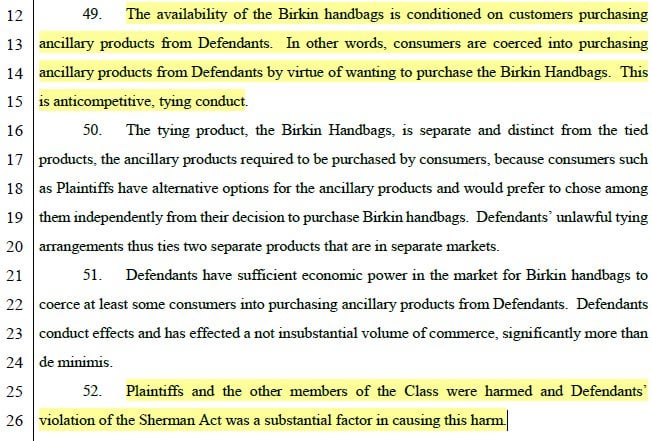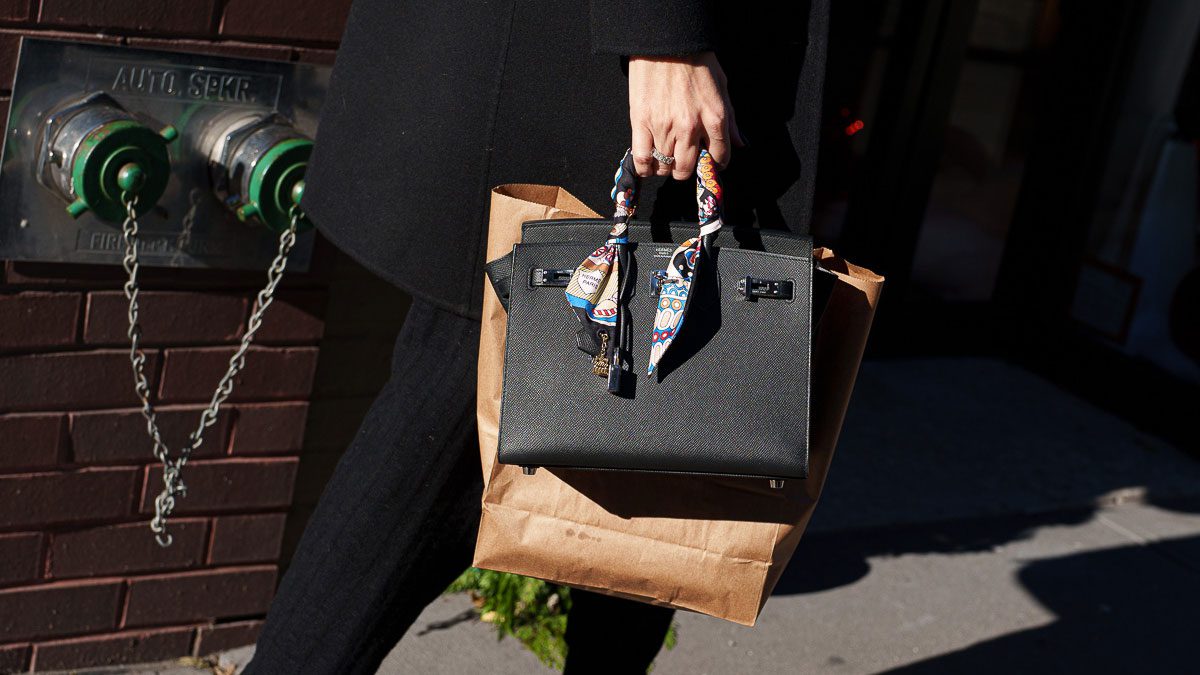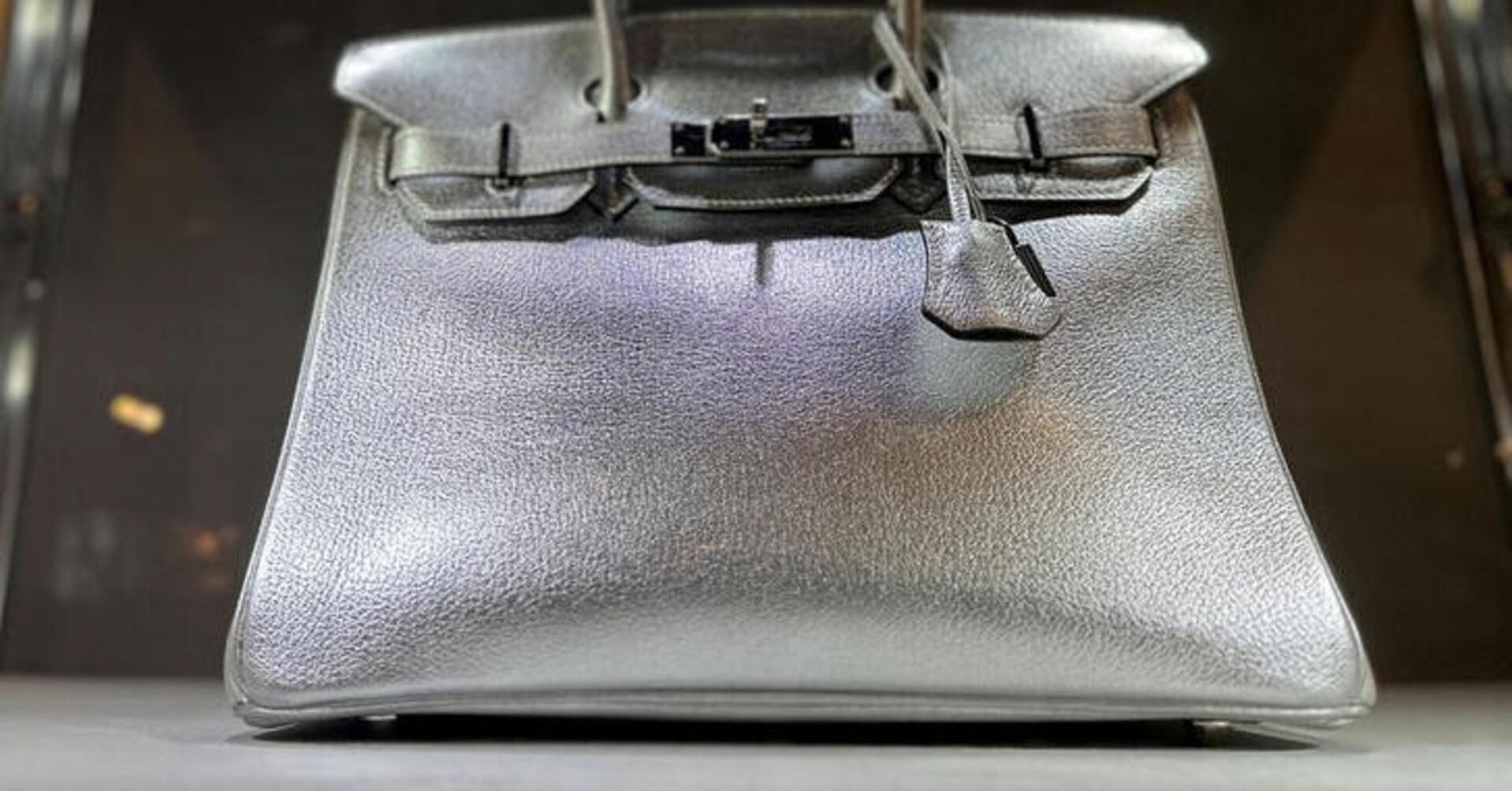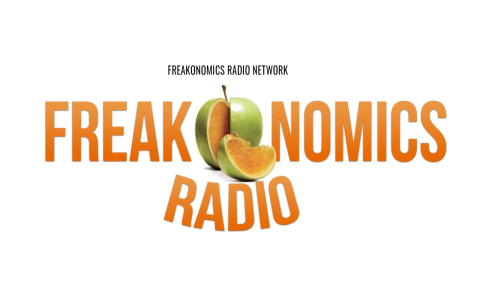So, you hear whispers about Hermes, right? And sometimes the word “antitrust” gets thrown around. I got kinda curious about that, not gonna lie. It sounded all serious and official, and I wanted to see what the deal was from a regular person’s perspective. So, I decided to do a bit of digging, just to satisfy my own curiosity.

My First Steps into the Rabbit Hole
First off, I just started reading whatever I could find. Not like those super dense legal papers, but more like articles, discussions, stuff people were actually talking about. I wasn’t trying to become an expert, just trying to get a feel for why people even connect Hermes with antitrust ideas. It’s a fancy bag company, what’s the big fuss, right?
What I quickly noticed was how much of it is about how they sell their really popular stuff. You know, the Birkins, the Kellys. It’s not like walking into a regular store and just buying what you want, even if you have the money. That was the first thing that made me go “hmm.”
The “Game” and What I Found
So, I kept poking around. My “practice” here was really just observing and connecting dots from what I was seeing and reading. It felt like I was piecing together a puzzle. Here’s kinda what I gathered:
- It’s all about relationships: You hear a lot about needing to “build a relationship” with a sales associate. That means buying other stuff – scarves, shoes, plates, whatever – before you even get a whisper of a chance at the big bags.
- Scarcity, real or not?: They make very few of these bags, or at least that’s the story. This keeps demand sky-high. Is it genuine scarcity, or is it managed to keep things that way? That’s a big question I saw people asking.
- The “offer” system: You don’t just pick a Birkin. You might get “offered” one. And it might not be the color or size you dreamed of. It feels less like shopping and more like you’re being granted an audience.
I started thinking, okay, how does this relate to “antitrust”? Well, antitrust, in my simple understanding, is about companies not playing fair, maybe using their power to control the market too much, or forcing customers into things. When you hear stories about having to buy a bunch of other items you might not really want, just to get the one item you do want, it starts to feel a bit like that. It’s like, are they leveraging the demand for one product to boost sales of others? That’s what people call “tying” in fancy terms, I think.
Connecting My Own Dots
This whole thing reminded me of trying to get concert tickets for a super popular band. You know, the mad rush, the website crashing, the feeling that the odds are stacked against you. But with Hermes, it felt more… deliberate, more controlled by the company itself. It’s not just overwhelming demand; it’s a system.

I spent a good while just reading forums and social media comments. People sharing their experiences, their frustrations, their strategies. It was eye-opening. Some people play the game, spend thousands, and eventually get their bag. Others just get fed up. It wasn’t about being unable to afford it; it was about the hoops you had to jump through.
My “investigation” didn’t involve any secret spy stuff, obviously. I just put myself in the shoes of someone trying to understand this strange world. I tried to see if the “antitrust” label, even informally, had any legs to stand on based on what regular folks experience.
So, What Did I End Up Thinking?
Look, I’m no lawyer. And Hermes is a private company, they can mostly do what they want, I guess. But the whole setup does make you think. When a brand has that much power to dictate terms, to make people buy things they don’t necessarily need just for a chance to buy what they truly desire, it feels a bit off. It doesn’t feel like a free and open market for those specific, highly sought-after items.
The “antitrust” word is a heavy one, usually for giant tech companies or monopolies. For a luxury brand, it’s more nuanced. It’s not like they’re an essential service. But the control they have over their most coveted products, and the way they leverage that, it definitely raises questions about fairness and market dynamics, even if it’s all perfectly legal. It’s like they’ve perfected the art of making people want to be controlled by the brand.
At the end of my little deep dive, I didn’t come away with a “gotcha!” moment. But I did understand why people bring up those concerns. It’s a fascinating business model, for sure. Makes you wonder about desire, exclusivity, and what people are willing to do for it. Just my observations from poking around the topic.


